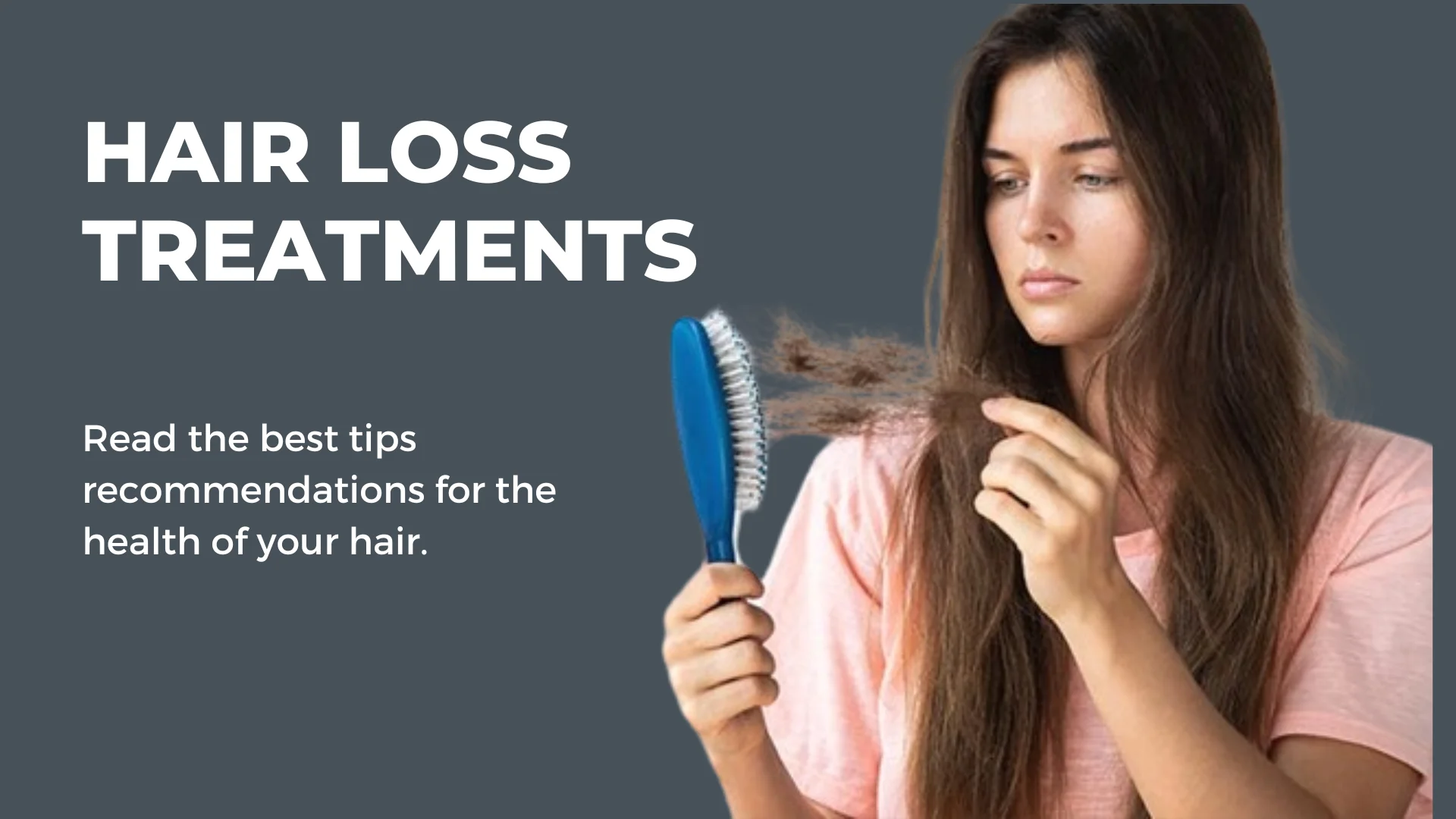Experiencing hair loss can impact confidence and happiness, but there are effective solutions. Explore the best hair loss treatments, from nonprescription options to surgical procedures, and find what’s right for you.
Introduction to Hair Loss
Understanding Hair Loss
Alopecia, commonly referred to as hair loss is an issue marked by the reduction or absence of hair, on the scalp or various body areas.
Importance of Addressing Hair Loss
Hair loss is commonly seen as a surface issue. It can deeply impact ones mental and emotional wellbeing influencing both self-confidence and overall happiness.
Types of Hair Loss

Androgenetic Alopecia
Androgenetic alopecia, or male and female pattern baldness, is the most common type of hair loss, characterized by a gradual thinning of hair in a specific pattern.
Telogen Effluvium
Telogen effluvium is a temporary form of hair loss caused by stress, illness, hormonal changes, or medication, resulting in excessive shedding of hair.
Alopecia Areata
Alopecia areata is an autoimmune condition characterized by patchy hair loss on the scalp or body, often with spontaneous regrowth.
Traction Alopecia
Traction alopecia results from repeated pulling or tension on the hair follicles, commonly due to tight hairstyles or hair treatments.
Causes of Hair Loss
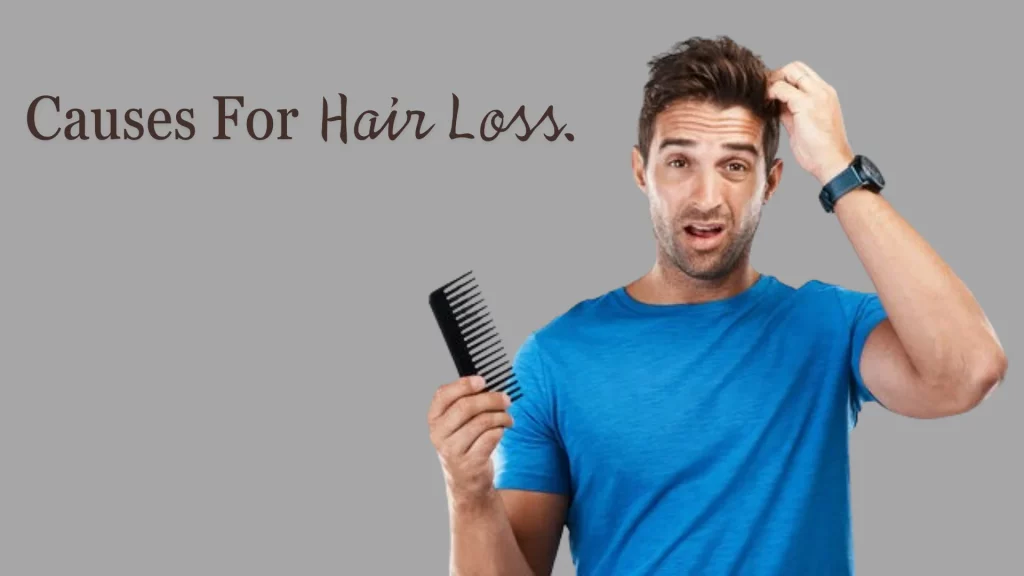
Genetic Factors
Hair loss is often influenced by factors with family history playing a role, in determining susceptibility to conditions like androgenetic alopecia.
Hormonal Imbalances
Changes in hormones like those experienced during pregnancy, menopause or thyroid issues can also play a part in hair loss.
Medical Conditions
Various medical conditions such, as alopecia areata, scalp infections and autoimmune diseases can also be linked to hair loss.
Stress and Lifestyle Factors
Factors, like stress, unhealthy diet, smoking and frequent use of styling products or chemical treatments can all play a role, in causing hair to fall out and become thinner.
Over-the-Counter Treatments
Minoxidil (Rogaine)
Minoxidil is a topical treatment approved by the FDA for promoting hair regrowth in both men and women with androgenetic alopecia.
Finasteride (Propecia)
Finasteride is an oral medication that works by blocking the conversion of testosterone into dihydrotestosterone (DHT), a hormone linked to hair loss in men.
Prescription Treatments

Oral Medications
In addition to finasteride, other oral medications, such as dutasteride, may be prescribed off-label for treating hair loss.
Topical Treatments
Topical treatments, such as prescription-strength minoxidil or combination therapies, may be recommended for individuals with moderate to severe hair loss.
Hair Transplant Surgery
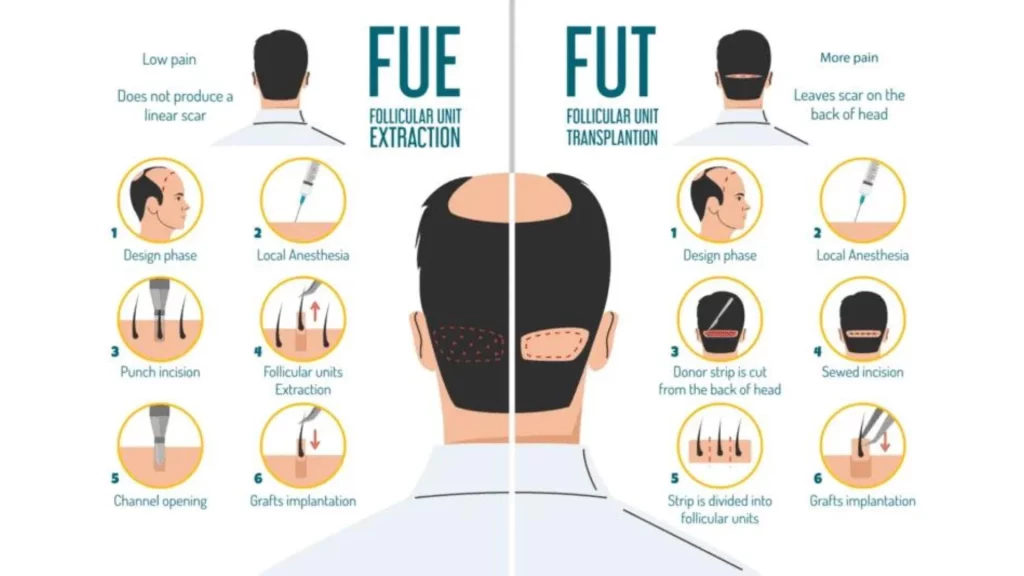
FUE (Follicular Unit Extraction)
FUE involves extracting individual hair follicles from a donor area and transplanting them into thinning or balding areas of the scalp.
FUT (Follicular Unit Transplantation)
FUT, also known as strip harvesting, involves removing a strip of scalp from the donor area and dissecting it into individual grafts for transplantation.
Platelet-Rich Plasma (PRP) Therapy
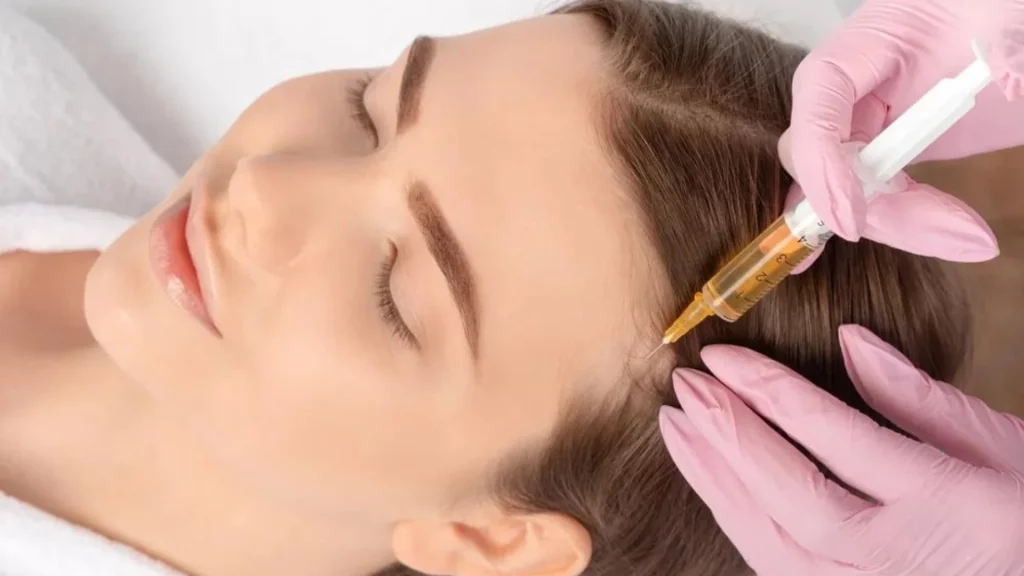
Procedure and Benefits
PRP therapy involves extracting platelets from the patient’s blood and injecting them into the scalp to stimulate hair growth and improve hair density.
Laser Therapy
Low-Level Laser Therapy (LLLT)
LLLT uses low-level lasers or light-emitting diodes (LEDs) to stimulate hair follicles and promote hair growth.
Natural Remedies
Essential Oils
Some key oils, like rosemary, peppermint and lavender have been researched for their ability to help with hair growth and enhance the health of the scalp.
Nutritional Supplements
Supplements containing vitamins, minerals, and botanical extracts, such as biotin, zinc, and saw palmetto, may support hair health and growth.
Lifestyle Changes
Diet and Nutrition
A balanced diet rich in protein, vitamins, and minerals is essential for maintaining healthy hair growth.
Stress Management
Engaging in activities, like meditation, yoga or deep breathing exercises can be beneficial, in reducing hair loss triggered by stress.
Scalp Care
Regularly massaging the scalp gently using shampoos and avoiding exposure, to heat or harsh chemicals can support scalp health and reduce the risk of hair loss.
Combination Therapies
Combining different treatments, such as minoxidil with finasteride or PRP therapy with hair transplant surgery, may yield better results for some individuals.
Side Effects and Considerations
Prior, to embarking on any hair loss treatment it’s essential to discuss with your healthcare provider the side effects and risks linked to the medications and procedures. Certain treatments may entail consequences so being adequately informed is key, before deciding on any course of action.
Cost and Affordability
The price of treatments, for hair loss may differ significantly based on the kind of treatment the extent of hair loss and where you are located. It’s important to think about affordability when selecting a treatment.
Choosing the Right Treatment
When you’re choosing a remedy, for hair loss it’s important to think about things, like how it works, if its safe how easy it is to use and what you personally prefer. This way you can pick the option that fits your requirements and daily routine.
Conclusion
Losing hair is a worry that can deeply affect people both physically and emotionally. Luckily there are plenty of ways to tackle this issue from store bought solutions, to serious procedures and natural remedies. By knowing why hair loss happens and the treatments there individuals can actively manage their hair loss and feel better, about how they look.
FAQs (Frequently Asked Questions
- Are hair loss remedies successful, for all individuals?
The success of hair loss treatments may differ based on factors like the root cause of hair loss, genetic predisposition and commitment, to the treatment.
- Are there any ways to naturally address hair loss?
Some natural solutions, like oils and dietary supplements can aid in maintaining hair though their effectiveness, in treating hair loss can vary. Further research is necessary to confirm their benefits.
- Are there any effects associated with treatments, for hair loss?
Certain remedies for hair loss like minoxidil and finasteride could lead to side effects such, as scalp irritation or sexual issues. It’s crucial to talk about these outcomes with your healthcare provider to beginning any treatment.
- How time does it typically take to notice any changes, from treatments for hair loss?
The duration for observing results from hair loss treatments can differ based on the treatment and individual characteristics. Typically it could take anywhere from a months to a year before significant enhancements, in hair growth become visible.
- Is it true that stress can lead to hair loss?
Indeed stress can play a role, in causing hair loss by triggering a condition known as telogen effluvium resulting in an increased shedding of hair. Taking steps to manage stress through relaxation methods and self-care routines could potentially reduce the impact of stress induced hair loss.

